Earth Sciences (Geology)
undergraduates
Why study Earth Sciences at St Edmund Hall?
Thanks to the breadth of expertise from a wide range of tutors and Fellows, St Edmund Hall is a great place to study Earth Sciences. The College has a long tradition of Geology as a major subject, and has a large intake (six each year) to read Earth Sciences. Our Earth Scientists form a very close-knit group and support each other academically as much as possible. With six members of academic staff associated with the College, there is a wide range of expertise on offer as well as a great deal of support.
St Edmund Hall is home to excellent facilities for Earth Scientists, with an exceptionally strong selection of texts for the course held in our library, housed in the medieval church of St Peter-in-the-East. Our High Street location means that the Earth Sciences faculty is just a few minutes away from College, on foot or by bike.
I love the breadth of study. The course isn’t just about the geology here, it’s about the Earth as a whole which has allowed me to discover interests in topics that I may not have otherwise developed.
Amber, Earth Sciences
The Earth Sciences are the focus of scientific understanding about this and other planets, embracing a vast range of topics, including the evolution of the solar system, the Earth and life, the nature of planetary interiors, the causes of earthquakes and volcanic eruptions, earth-surface processes and the origin and behaviour of oceans and atmosphere. The course draws upon many aspects of the physical sciences and places an inherent focus on practical and field work throughout the course.
The emphasis of both our teaching and research is on understanding the fundamental principles of geological processes. Theory, measurements, experiments, and observation of natural processes are all essential elements in the Earth Sciences, and students with a strong background in all aspects of the physical sciences are encouraged to join the Department.
There are several excursions and research opportunities throughout the Earth Sciences degree, the travel and accommodation costs of which are covered by the department. Additionally, students at St Edmund Hall automatically receive funds to assist with the cost of their mapping project in the second year. The College also holds further funds for scientific travel and internships for which we invite proposals from students during their degree. Past students at the College have undertaken excursions ranging from museum internships to geological expeditions in the Tien Shan.
Around 40% of Oxford’s Earth Sciences graduates go on to further study, such as a PhD or Masters course to further their interests. Typical destinations for Earth Sciences graduates include the energy industry, the environmental sector, and engineering/ technical consultancies. Others move into areas that are not directly related to the field, but that their degree gives them transferable skills to excel in, such as the finance sector.
Entrance requirements for Earth Sciences at St Edmund Hall match those listed in the Oxford University Prospectus.
Mathematics is a required subject, and should be accompanied by either Chemistry or Physics.
Further Mathematics, Biology, Geology and Geography are all considered useful, but not essential, for the course.
Find out more about our tutors below, and watch one of our short ‘Teddy Talks’ in which Roger Benson explains an aspect of his research (to a non-specialist audience).
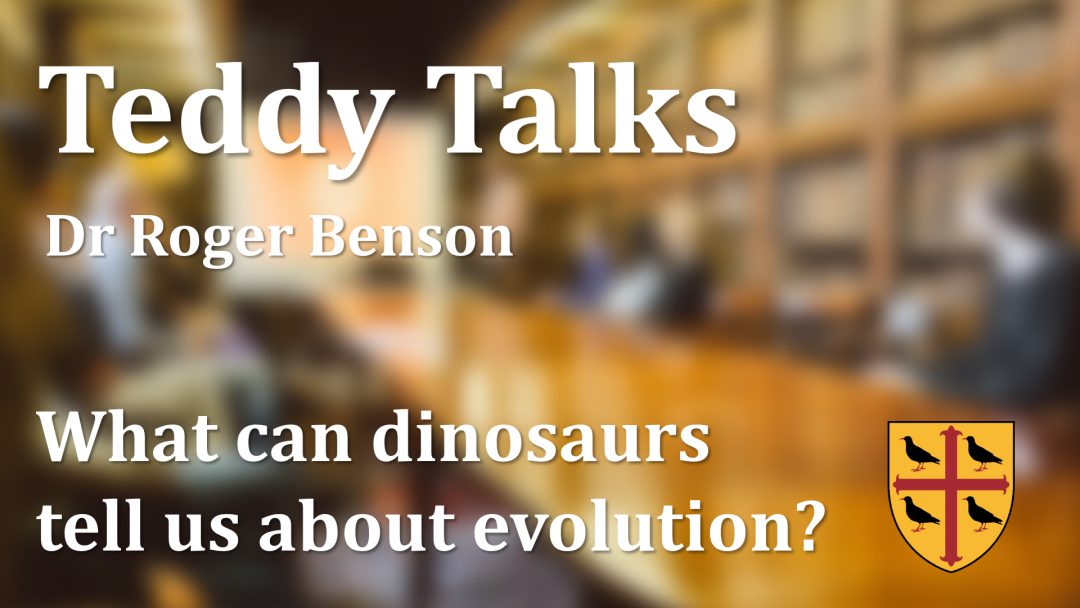
Our Tutors
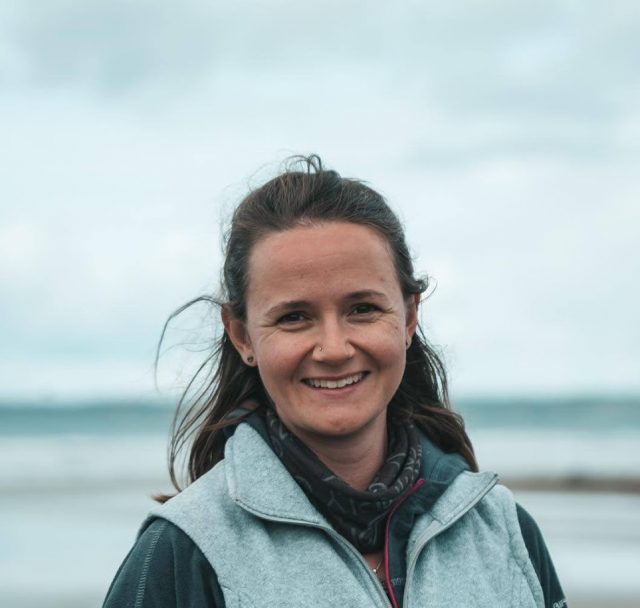
Claire
Nichols
Associate Professor and Tutorial Fellow in Earth Sciences
Claire joined the Department of Earth Sciences in Oxford in the summer of 2020 and became a Tutorial Fellow at Teddy Hall at the end of 2021.
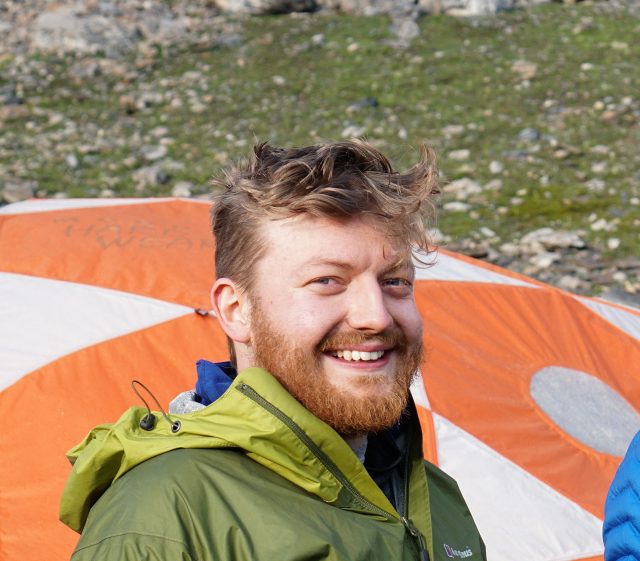
Luke
Parry
Tutorial Fellow in Earth Sciences
Luke Parry is a Tutorial Fellow in Earth Sciences and Governing Body Fellow at Edmund Hall.
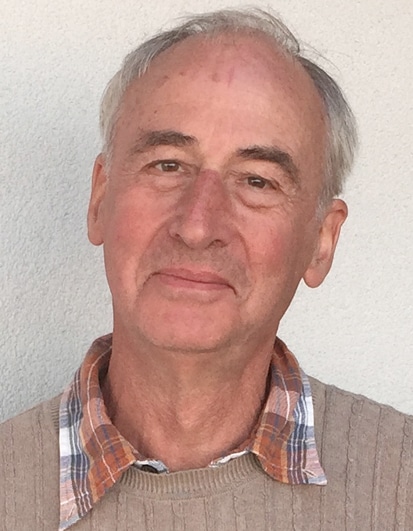
Hugh
Jenkyns
Emeritus Fellow
Hugh Jenkyns was the Oxburgh Fellow and Tutor in Geology from 1978 to 2013. He was also the Vice-Principal of St Edmund Hall from 2009 to 2013.
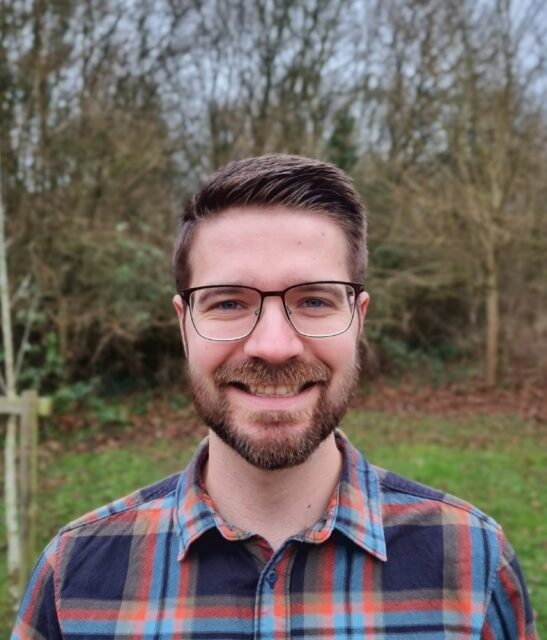
Benjamin
Hess
Early Career Teaching and Research Fellow in Earth Sciences
Benjamin Hess is an Early Career Teaching and Research Fellow in Earth Sciences at St Edmund Hall.
UCAS course codes
F644
Places available: 6
See syllabus and entry requirements for further information.